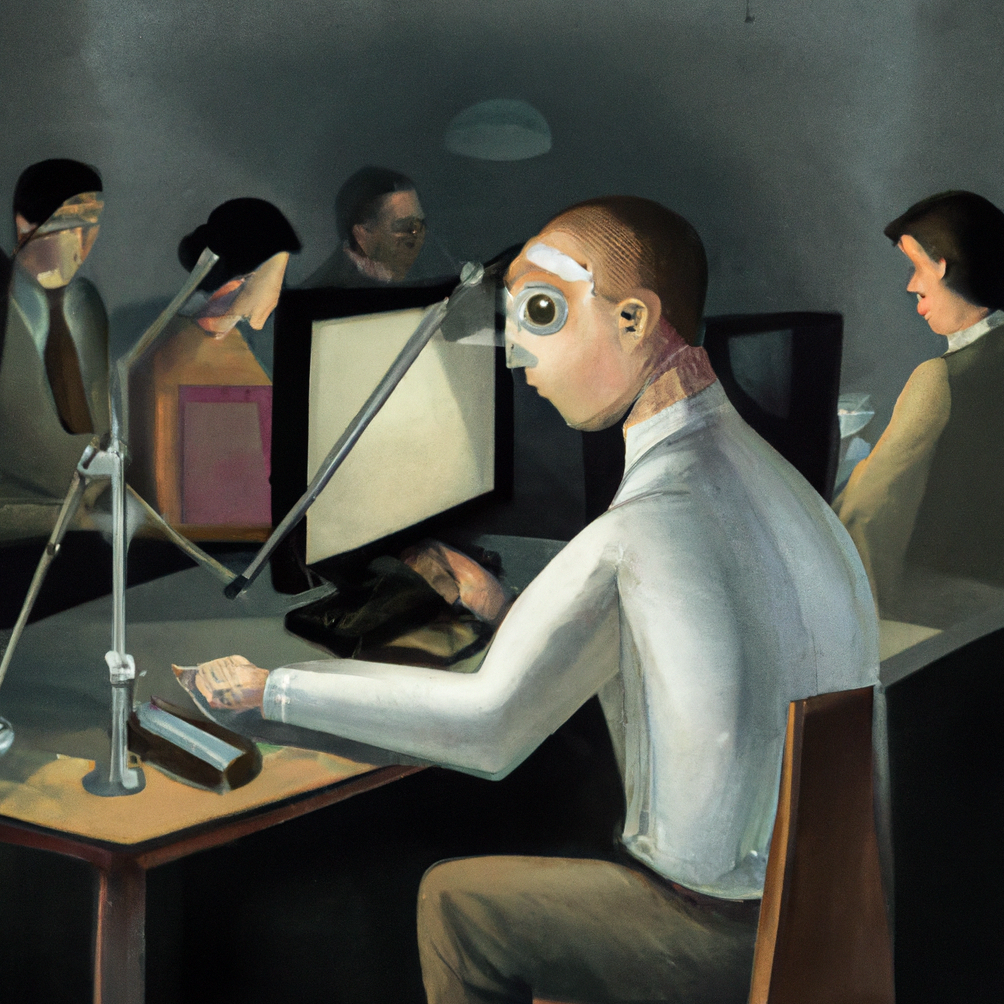April 9, 2025
Supporting employees with brain injuries: key tips for employers
 Brain injuries can have a profound impact on a person’s life, and when it comes to returning to work, both employees and employers face unique challenges. Whether the individual is returning to their previous role or starting anew, employers must be prepared to offer support and make necessary adjustments – not just because it’s morally right but because it is legally required. Employers do not have the luxury of turning a blind eye to this, as statistics indicate that a person is admitted to hospital with a brain injury every 90 seconds. Brain injuries can present subtly, and chances are you will know someone who has survived a brain injury, even if you are not aware of it. ‘Brain injury’ refers to both traumatic injuries (caused by an external impact, such as a car accident or assault) and acquired brain injuries (caused from internal factors, such as a stroke or tumour). (more…)
Brain injuries can have a profound impact on a person’s life, and when it comes to returning to work, both employees and employers face unique challenges. Whether the individual is returning to their previous role or starting anew, employers must be prepared to offer support and make necessary adjustments – not just because it’s morally right but because it is legally required. Employers do not have the luxury of turning a blind eye to this, as statistics indicate that a person is admitted to hospital with a brain injury every 90 seconds. Brain injuries can present subtly, and chances are you will know someone who has survived a brain injury, even if you are not aware of it. ‘Brain injury’ refers to both traumatic injuries (caused by an external impact, such as a car accident or assault) and acquired brain injuries (caused from internal factors, such as a stroke or tumour). (more…)




























April 10, 2025
Far from lightening the load, could AI lead to burnout?
by Stephanie Fitzgerald • AI, Comment, SF, Wellbeing